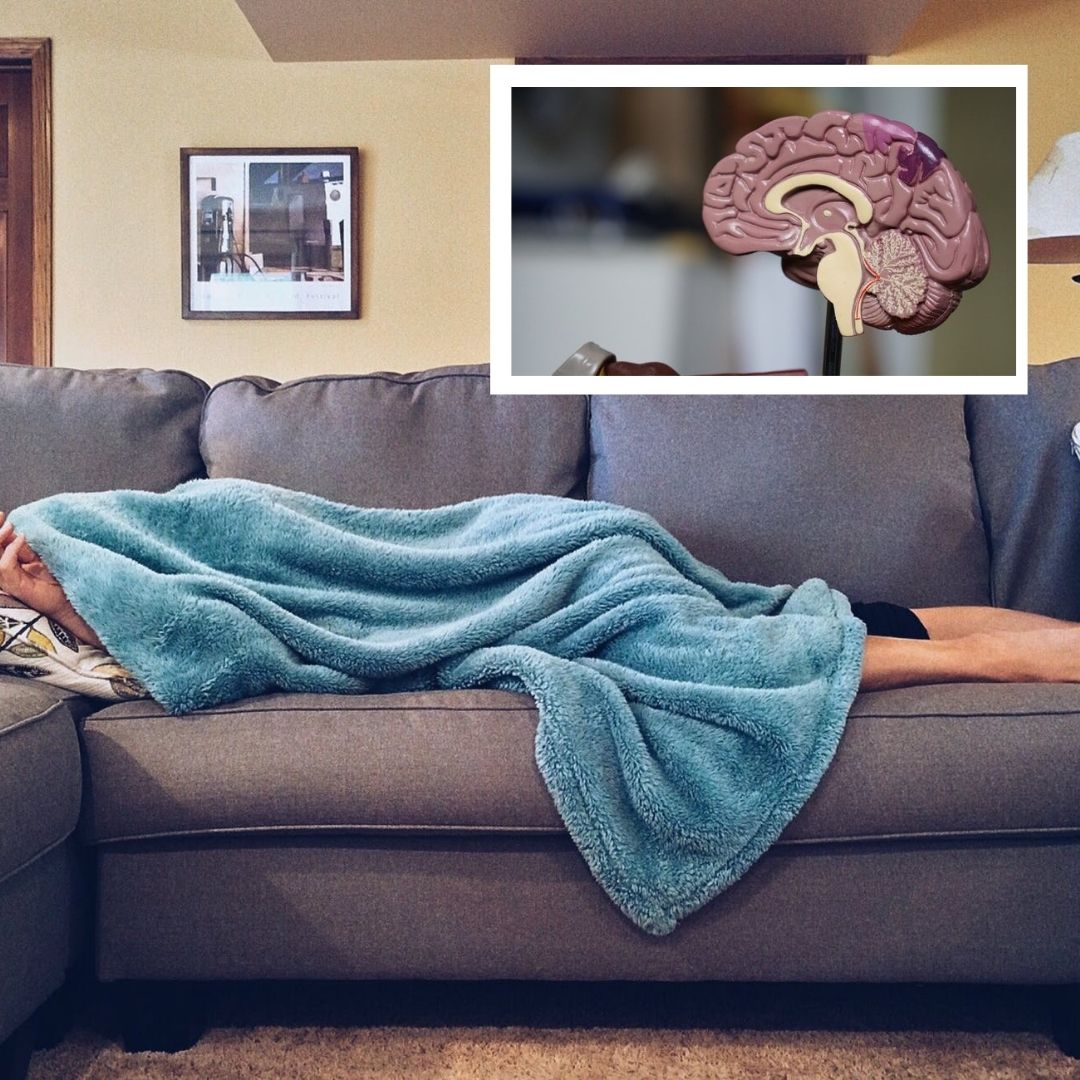Power Naps Improve Cognitive Performance: Study
Writer: Ratika Rana
Her primary objective is to inform, promote, educate and cultivate readers through writing.
Bihar, 16 Nov 2021 4:15 AM GMT
Editor : Palak Agrawal |
Palak a journalism graduate believes in simplifying the complicated and writing about the extraordinary lives of ordinary people. She calls herself a " hodophile" or in layman words- a person who loves to travel.
Creatives : Ratika Rana
Her primary objective is to inform, promote, educate and cultivate readers through writing.
The Patna branch of the All-India Institute of Medical Sciences (AIIMS) has found that power naps enhance the calculative ability and execution of skillful tasks like driving.
A pilot study conducted on 68 healthy male and female volunteers aged between 18 to 24 years has revealed that those who took a short nap during the day performed significantly better in problem-solving and task completion than those who did not take rest. The study, conducted by the Patna branch of the All-India Institute of Medical Sciences (AIIMS), found that power naps improve cognitive abilities, particularly calculative ability or execution of skillful tasks like driving.
Participants Were Sudoku To Solve
All the volunteers were divided into two groups and were given a standard set of Sudoku, a game based on logical thinking with graded difficulty levels. The participants from each group were given 10 to 12 minutes for every level. When participants from one group got tired, they were allowed to take a nap, whereas the other group was asked to remain wakeful during the entire duration.
Hindustan Times quoted Dr Kamlesh Jha, a co-author and additional professor in professor in the Department of Physiology at AIIMS-Patna, saying, "Both slow-wave sleep, also referred to as deep sleep, as well as rapid eye movement (REM) sleep, a stage when a person dreams in sleep, during the day time nap has shown significant impact upon the uncompleted numerical logical tasks, suggesting the nap being a useful behaviour for cognitive enhancement".
Published As Original Research Paper
Only six out of 37 participants in the group who did not sleep could complete the Sudoku, while 31 could not. On the other hand, 16 people out of 37 could complete the puzzle, whereas 15 could not in the group allowed to take a nap. The report was published as an original research paper in the Indian Journal of Scientific Research in September 2019. Dr Jha also mentioned that this was a mid-term outcome. Moreover, they wanted to continue their research and request the concerned government departments for funds for their research.
 All section
All section















